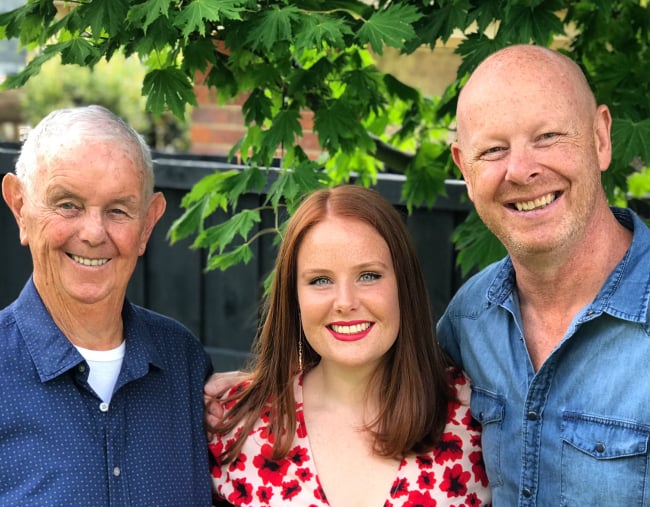Content warning: This post mentions themes of eating disorders and mental health some readers may find triggering. Please call the Butterfly Foundation on 1800 33 4673 or Lifeline on 13 11 14 if you or someone you know needs assistance.
‘You said you wanted salmon, so we bought you salmon? Why does it matter if it’s cooked in oil? A teaspoon of olive oil won’t make you fat.’
At 15, I couldn’t believe the logic my parents tried to rationalise to me about my food. And on one particular night almost ten years ago, this disconnect between their reality and mine resulted in one of the worst fights we’ve ever had.
We’ve always eaten a lot of meat at our dinner table, but meat has fat on it, which would make me fat, I thought. So I’d request salmon or fish or chicken. A lean protein. Sometimes I would even insist on preparing the fillet myself, to make sure every tiny piece of what I thought was fat was removed.
Most of the time, it was just a discoloured part of the meat. My Dad knew that, and deep down, I knew that too.
On this particular evening, I saw my precisely prepared fillet of salmon on a plate and being walked towards the barbecue where the lamb chops would also be cooked. My heart raced. I needed it to be baked in a dish lined with baking paper. And no oil. The baking paper was there so it wouldn’t stick, you see.
And so we fought. At the time, it felt like my parents were trying to force me to eat fat. Why couldn’t they understand what I was trying to achieve? Didn’t they see I needed to lose weight?


